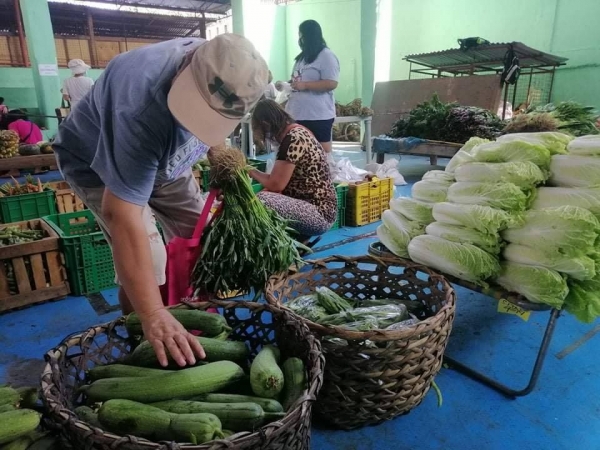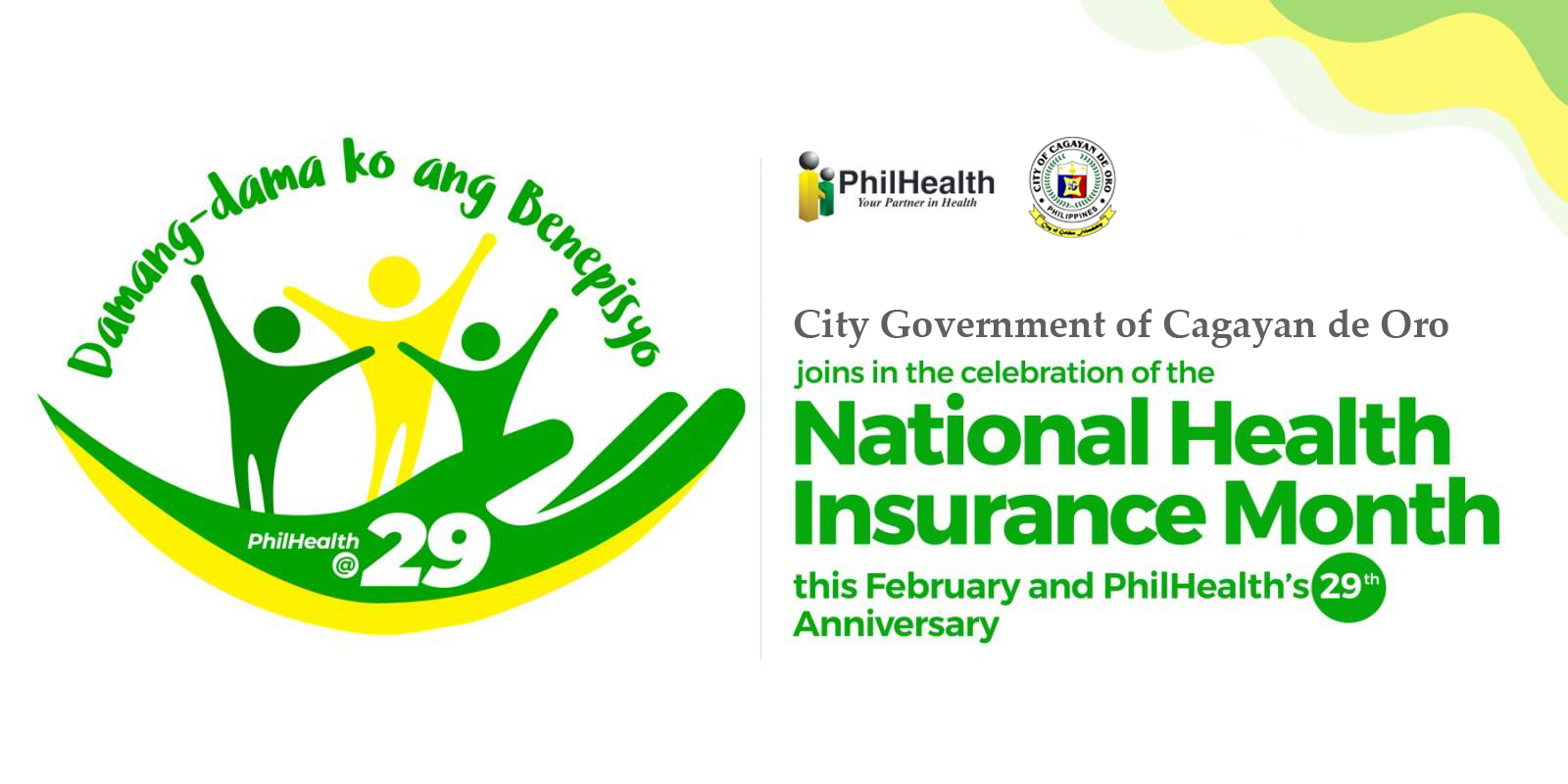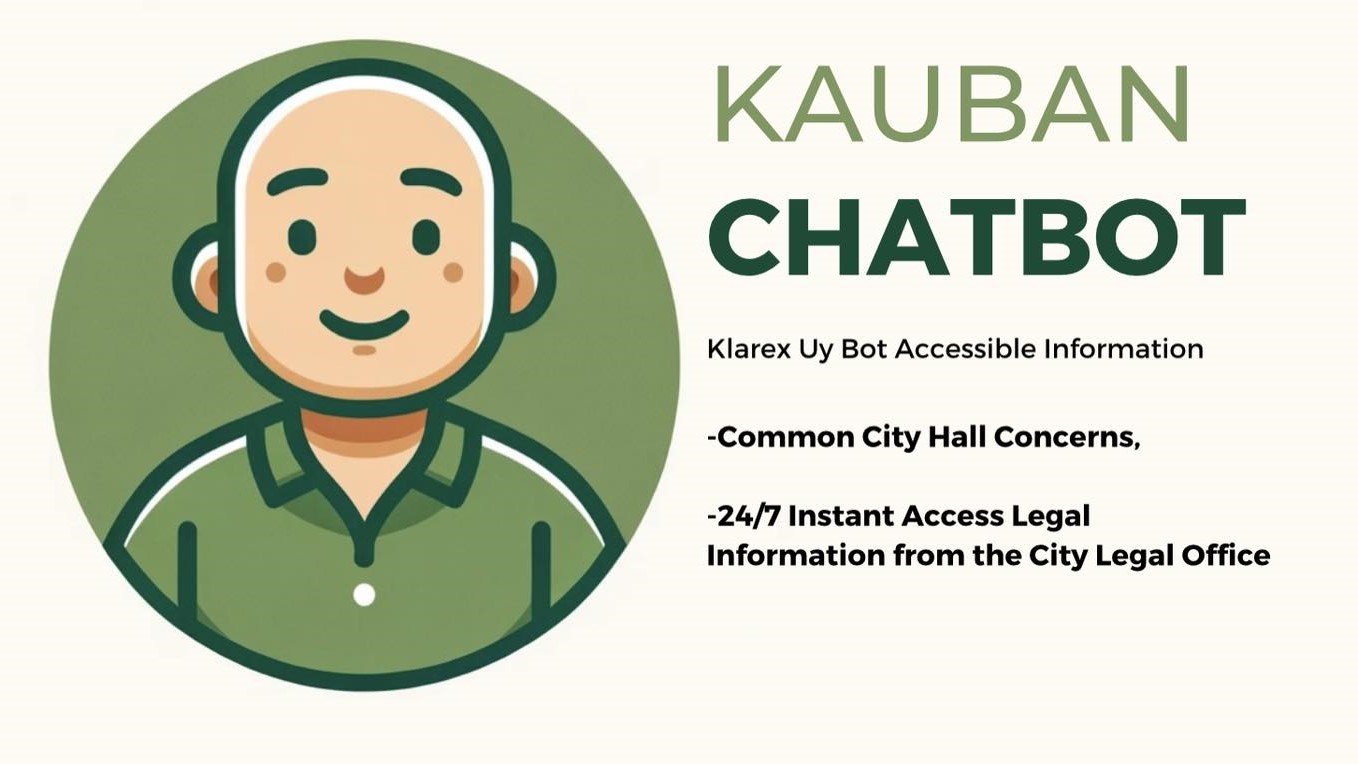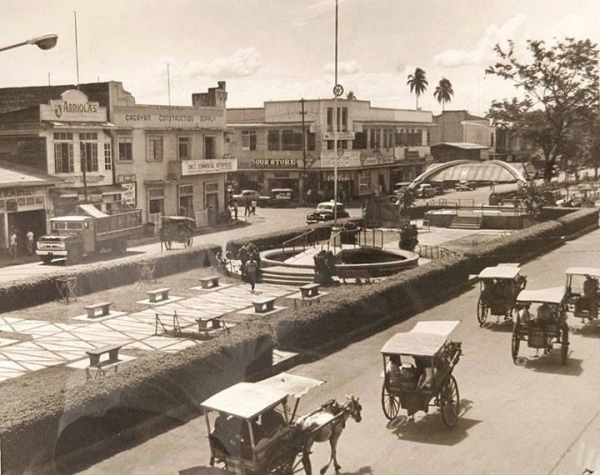(Note: This is an opinion piece by John David O Moncada, a Graduate School student from the University of Science and Technology of Southern Philippines.)
My mother would have not been reminded that the Kadiwa On Wheels was scheduled in our barangay that day if I did not go home straight from the basketball court to cover Kadiwa first-hand which is a requirement for my master’s program and told her of my whereabout.
Her eyes grew big in surprise and she tapped the table where the large food stall of our karenderya is placed exclaiming “Aguy! Karun man diay to!” I put my arm up and looked at my watch to check how many minutes more before the mobile market closes. There was exactly thirty minutes left and so in haste she asked our two house helpers to hurry their way to the basketball court where more than twenty sellers of agricultural and poultry, and of processed foods, have their products on display.
While our house helpers were gone, I travelled back to the humble beginnings of our karenderya. The year was 1998. My father was still around at that time. Before I left for the required retreat for elementary graduating students, I did the math. By the day that our class goes back home from the retreat is the day that mother opens her store. Although the store was small but mother was enthused. The space was perhaps just two-arm length in width and four in depth. It was in one corner of my grandmother’s two-storey house. The number of viands she sold was not more than five or perhaps there were just five, to be exact. But now, twenty two years after, a lot has changed.
The karenderya has moved places twice but just within the corners of our house. In between the change of places, on 2003, our house was caught in a fire. The karenderya has grown much bigger in space. In 2011, father passed on. Mother has continuously served many customers and now, oftentimes, it feels like we feed the whole village. The number of viands is more than ten, not counting those that are usually placed inside the food stall. But if there is one thing that has not changed two decades after is my mother’s commitment to food safety.
Our house helpers were back from Kadiwa and had with them upo, alugbati, talong, five fingers, patola, a tray of chicken eggs, among others. But normally, she and our house helpers buy vegetables, along with meat, more than what they bought that day.
Inside their eco-friendly shopping bags, the items they buy are packed separately. When they arrive home, they unload the items and place them on a clean table. They rinse the fresh vegetables. After, they wash their hands with soap and warm water. The knives and the cutting boards are sanitized. Different sets are used for the vegetables and for the meat. Wearing their hair nets and aprons, they begin slicing and cutting. After everything that needs to be sliced and cut are done, they wash their hands again. The cutting boards and knives that were used are once again washed as well with hot and soapy water.
The raw meat, the poultry, the fish are kept away from other food. Other perishables are wrapped securely. This is to avoid cross-contamination. The chicken and the pork that has to be marinated is placed in a separate covered dish and placed inside our refrigerator. The rule is that all the perishables have to be refrigerated within two hours.
The grind begins early the next day. It is still dark when they start cleaning and sanitizing the utensils. It is a routine that they never miss doing before they start cooking. They rinse the vegetables they have chopped the previous day. In cooking the raw meats, the temperature is checked to be at a minimum of 145oF. The cooked food is never placed on the same plate that was used to hold the raw food.

The protocols of clean, separate, cook and chill are religiously followed for food safety. Everyday.
It is only when food is safe that human development takes place. And everyone has the right to access of food that is not just safe but nutritious as well. Food safety is so timely a topic especially because we are in a health crisis, and not to mention that on June 7 this year is the second time that we celebrate the World Food Safety Day.
Safety of food is of paramount importance. Making sure that food is safety is not just the responsibility of one or two persons but of everybody along in the food chain.
My mother, through the years, has built like an empire because of her karenderya. She has loyal customers who frown if the karenderya is unexpectedly close, especially on weekdays. She has built a good relationship with a lot of her customers because they are confident that they are in safe hands.
In the morning, the karenderya is a karenderya; and in the evening, it transforms into my study place. Though it is just beside a street where noisy vehicles (and dogs too) pass by but I find a safe place to do my work in the evening. And as a I write this piece, I stare at the large food stall, the red tables, and everything I can find inside the karenderya. I cannot help but be emotional realizing that I am sitting inside the very place that represents my mother’s toil which has not just fed a hundred and more tummies but has also sustained my education, from the elementary all the way to the tertiary level.
 World Health Organization
World Health Organization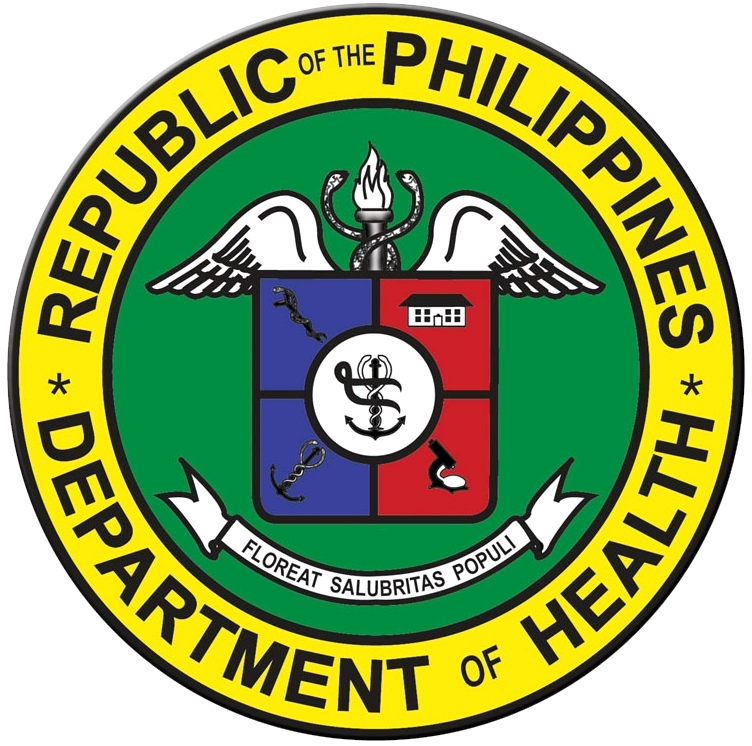 Department of Health
Department of Health 


